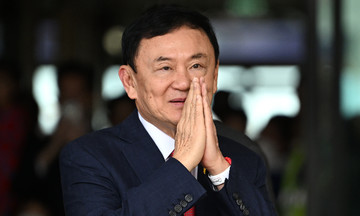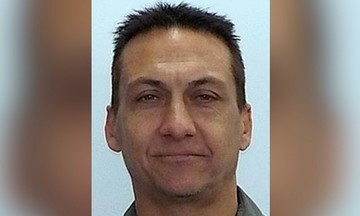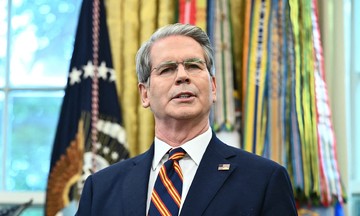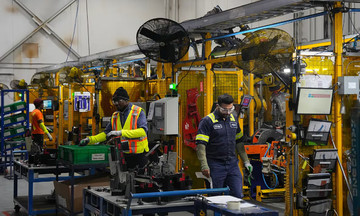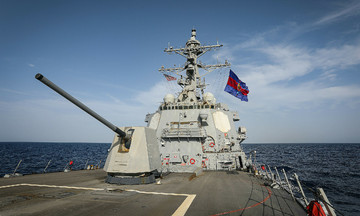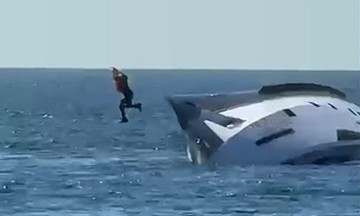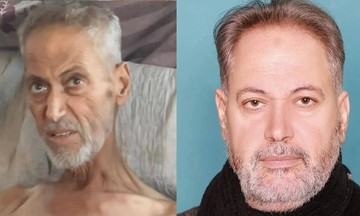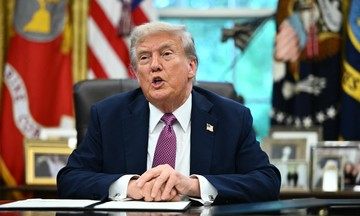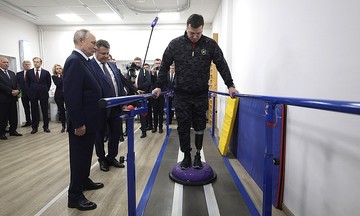Reuters reported today that the Trump administration has ordered the deployment of 10 F-35 stealth fighters to an air base in Puerto Rico. The aircraft will participate in an operation targeting drug cartels in the Caribbean, according to unnamed US officials.
The US military news website War Zone later cited several Pentagon officials confirming the information. The F-35s will coordinate with US Navy ships in the area, but it's unclear whether the squadron belongs to the US Air Force, Navy, or Marine Corps.
 |
A US F-35A fighter at the 2023 Paris Air Show in France. Photo: *Reuters* |
The first F-35s are expected to arrive in Puerto Rico early next week and will operate in the Caribbean region. The largest air base on the island is Muniz Air National Guard Base in San Juan, home to the Puerto Rico Air National Guard.
The White House and the Pentagon have not commented on the reports.
Some defense experts have expressed skepticism about the effectiveness of the deployment.
Dan Grazier, director of the National Security Reform Program at the Stimson Center, suggested the move is "more about sending a strategic signal than actual military effectiveness." He believes Washington primarily wants to send the message that it's willing to use its most advanced fighters for counter-narcotics operations.
Mark Nevitt, a law professor at Emory University and former Navy legal advisor, warned that the US government's approach of viewing drug cartels as terrorist organizations could lead to an "endless war."
 |
Location of Puerto Rico and Venezuela. Graphic: *Britanica* |
Puerto Rico, a US territory, is located approximately 1,600 km from Florida and more than 800 km from the Venezuelan border.
The news comes just hours after the Pentagon accused Venezuela of again sending F-16 fighters to "buzz" a US destroyer in international waters, the second such incident in 48 hours.
President Trump asserted that naval commanders have the right to respond if Venezuelan aircraft continue to approach US warships, warning that he would order them shot down if they "become a threat."
Thanh Danh (*Reuters, Military, War Zone*)



